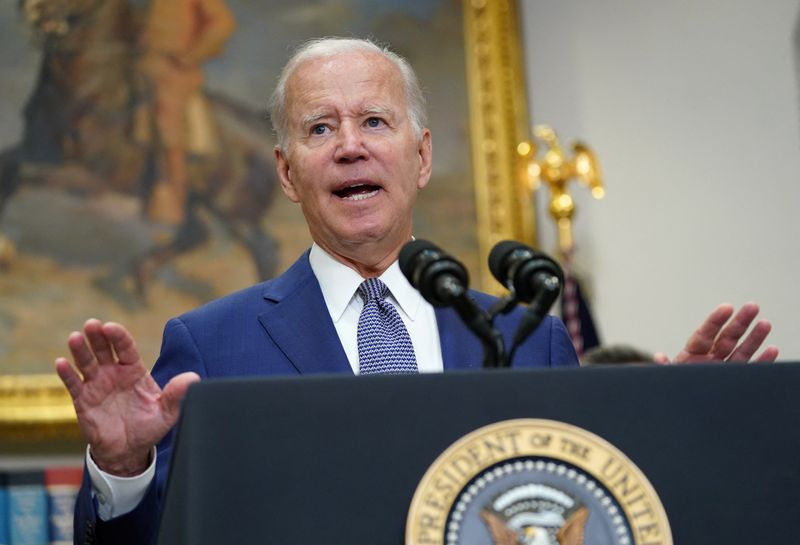Street Calls of the Week
Investing.com - President Joe Biden expressed confidence in the ongoing negotiations to reach a debt-limit deal, following House Speaker Kevin McCarthy's statement that an agreement might be reached this weekend. This development is crucial to avoid a disastrous US default. The President, who is currently attending the Group of Seven summit in Japan, urged his Washington-based negotiators to continue working towards a resolution.
A White House official revealed that during their call on Friday morning, negotiators informed Biden about steady progress being made towards a potential bipartisan deal. Both McCarthy and Senate Majority Leader Chuck Schumer have been optimistic about reaching an agreement soon and are planning votes in the coming days.
In response to these developments, Asian stocks opened higher on Friday with Japan’s Topix Index increasing by 0.5% and Australia’s S&P/ASX 200 Index growing by 0.7%. Furthermore, US stocks also experienced growth; the S&P 500 hit a nine-month high while the dollar reached its highest point since March against all developed-market peers.
The President has been actively encouraging talks but remains focused on protecting his legislative achievements from spending cuts demanded by congressional Republicans. Meanwhile, both parties' negotiators are still discussing various aspects such as spending cuts and debt-ceiling increase or suspension size or length.
Despite some officials suggesting that they're close to reaching an agreement, Financial Services Chairman Patrick McHenry stated that there's still much work left before finalizing any deal between both sides which have remained divided over regulatory changes and sweeping spending cuts since January when Treasury hit the debt limit.
If no solution is found soon, the risk of a U.S. default increases. Treasury Secretary Janet Yellen has warned that this could become a reality as early as June 1, with economists predicting damaging recessionary consequences if brinkmanship continues to escalate.
Investors have already started incorporating the risks associated with the Treasury running out of cash, demanding higher premiums on securities maturing in early June. Market experts warn about surging borrowing costs and significant damage to equities in case of any default, potentially causing global economic repercussions similar to the 2008 crash.
